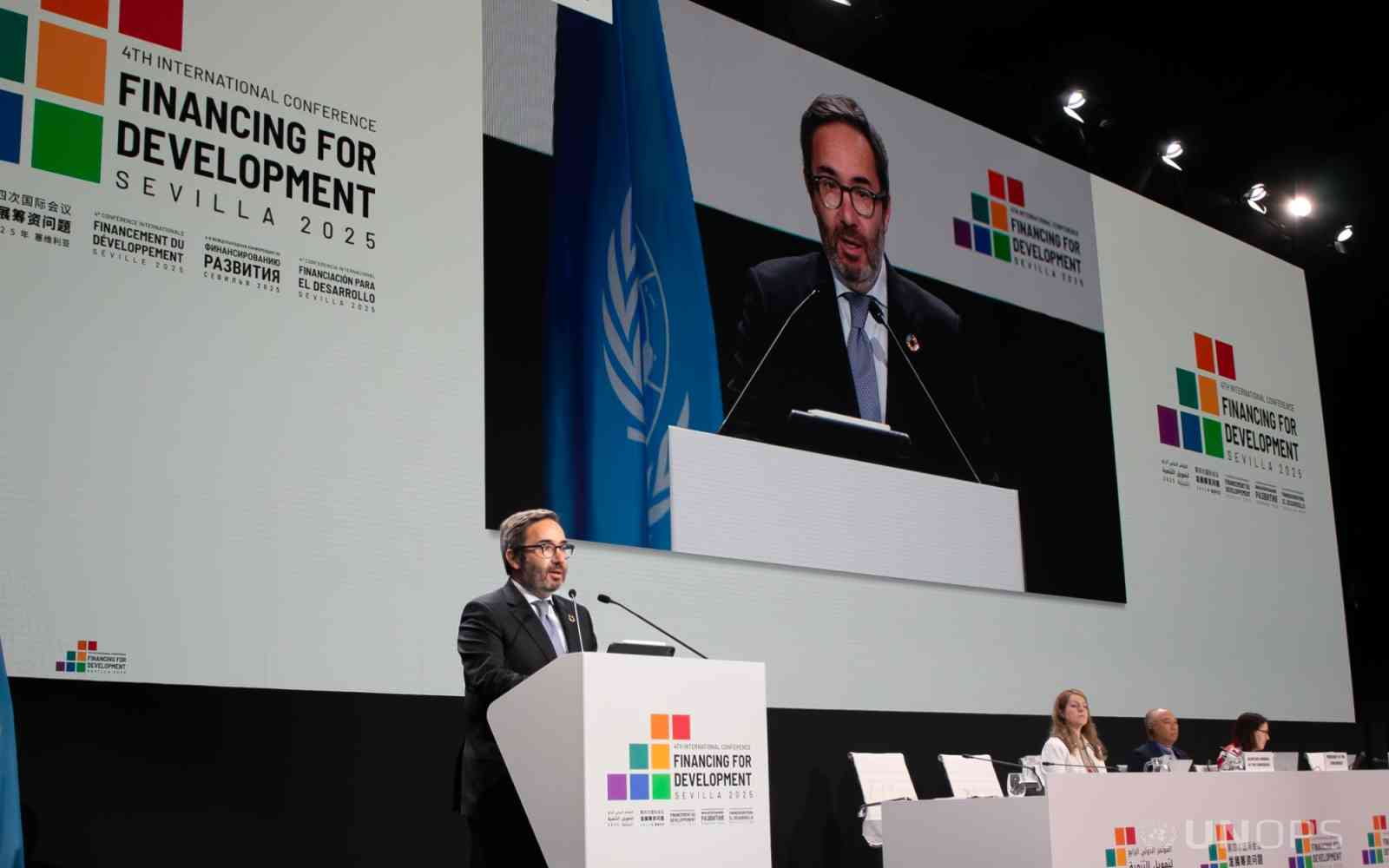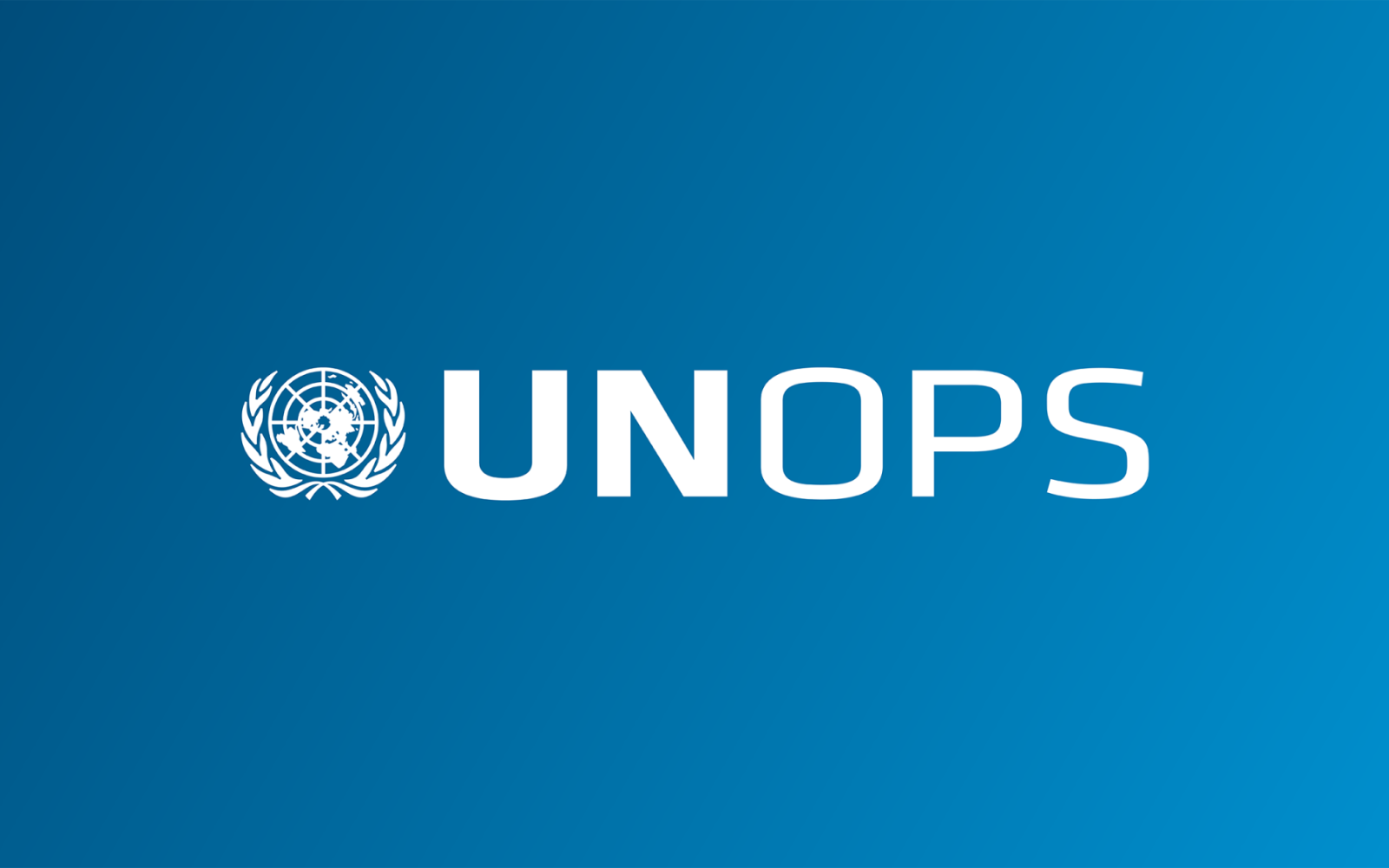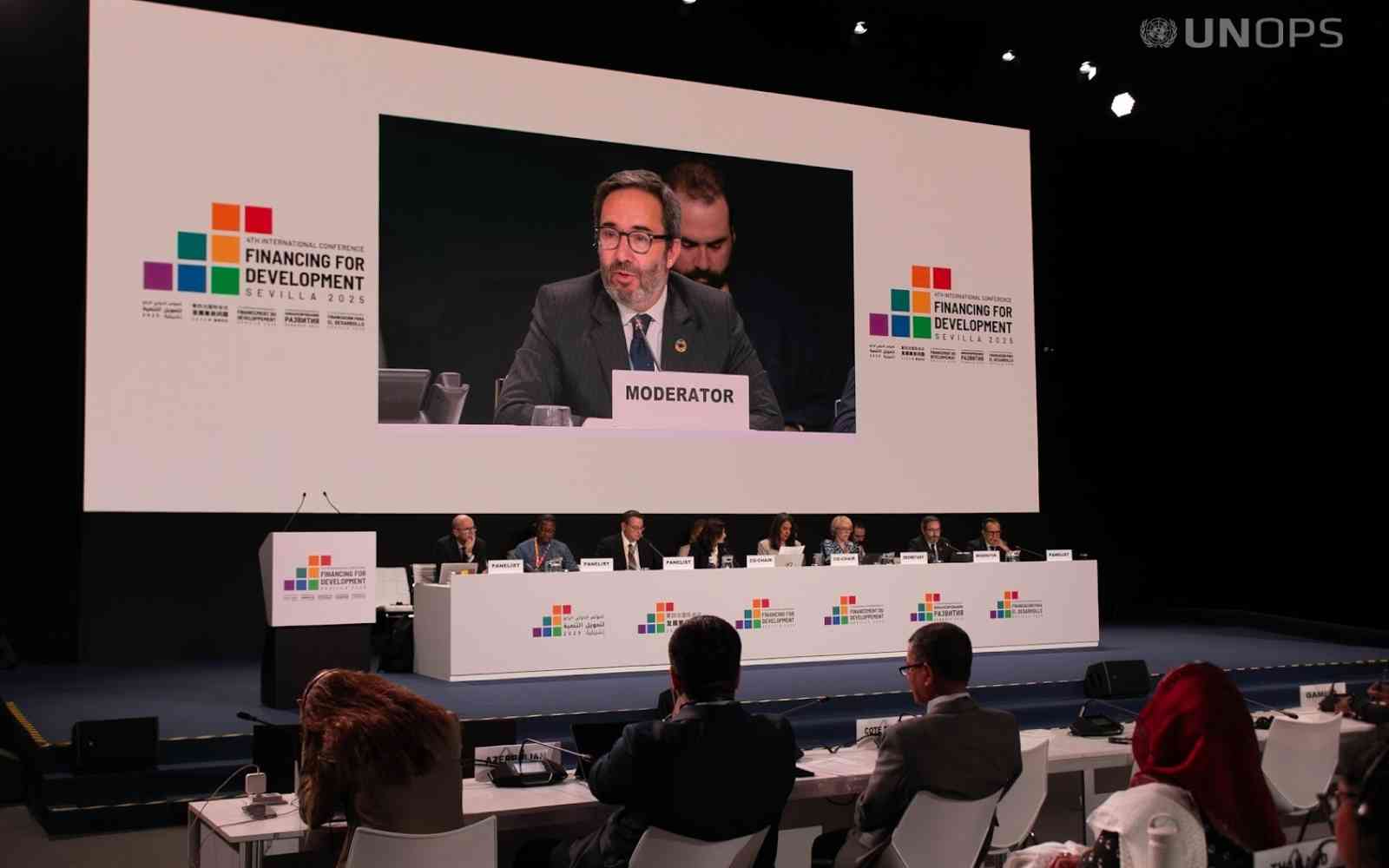The United Nations Office for Project Services (UNOPS)
New ‘Green Jobs Platform’ set to fight youth unemployment and grow the green economy in Tunisia

New ‘Green Jobs Platform’ set to fight youth unemployment and grow the green economy in Tunisia
Tunisia has struggled with high unemployment rates for several years, but four years on from the 'Arab spring' uprising, the country is transitioning towards democracy. With this comes new opportunities for growth and development, particularly in terms of fostering a 'green economy' — one that results in improved human well-being and social equity, while reducing environmental risks. Growing a green economy is central to Tunisia's plan for inclusive, sustainable development.
Funded by the Middle East and North Africa Transition Fund through the Islamic Development Bank and in collaboration with the Organization for Economic and Cooperation and Development (OECD), the $3.8 million programme will aim to improve the job prospects and lives of young Tunisian graduates, as they are particularly likely to be out of work. UNOPS will provide overall programmatic, technical and coordination support.
"Jobs provide money for food, housing and education, but they also provide much more than just economic benefits. A job can give meaning and purpose, it can help us to contribute to our families, our communities and our nation," said Mr. Faouzi Ben Jebara, the Project Manager from the UNOPS Tunisia office who is leading this initiative. "What is needed is a new approach to getting young unemployed graduates into the job market — a new, green platform where government, public sector and civil society can come together, share and create knowledge and make this happen in a sustainable way."
The 850 young graduates involved in the pilot stage will undertake four weeks of training, combining theory with hands-on experience. As well as learning more about the green economy, they will be supervised and mentored by local and international experts. Furthermore, they will have the opportunity to take part in conferences and debates on the green job market, which will also provide them with networking opportunities with potential employers. Another key feature will be the 'Eco-experience': graduates will get the chance to gain the practical work experience that many of them are lacking in a 'green' business environment.
Besides this training and professional development, the programme will also offer microfinance support to young people who wish to set up their own 'green' or 'clean tech' company. Up to 50 start-ups are expected to be created through this part of the scheme, with each one eligible for funding of up to $35,000, financed by the Tunisian Solidarity Bank. The young entrepreneurs will also be offered coaching and technical assistance from more experienced businesspeople.
"Youth employment remains one of the country's biggest challenges. Creating opportunities and employment for young people is a top priority for Tunisia, and a crucial condition for a successful transition to democracy," said Mongi Boughzala, Professor of Economics at the University of Tunis. "This transition would be hard to sustain without the empowerment of young people and their participation in national policy and decision-making."
It is hoped that up to 70 percent of the graduates will find employment as a result of the scheme. Furthermore, the programme will encourage the development of green businesses in Tunisia, while creating new ways to share knowledge and previous successes.










